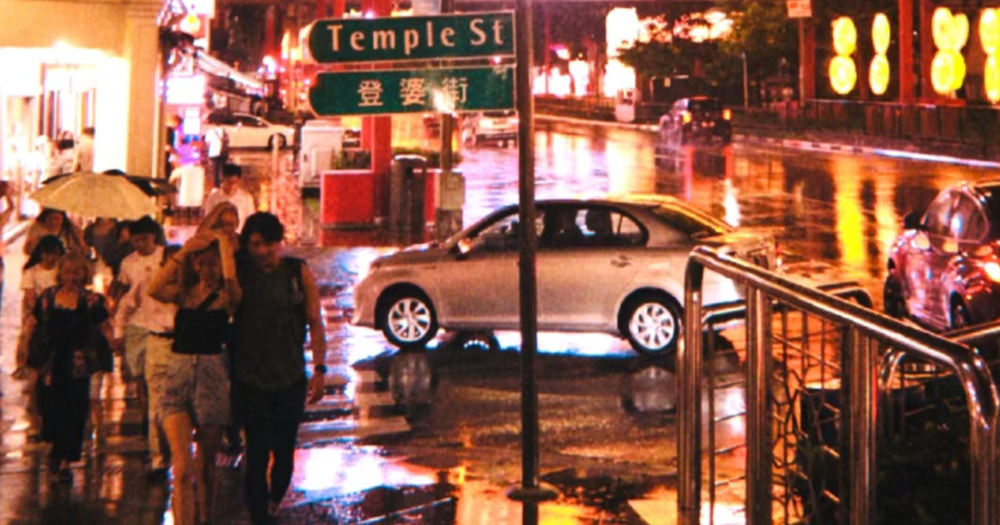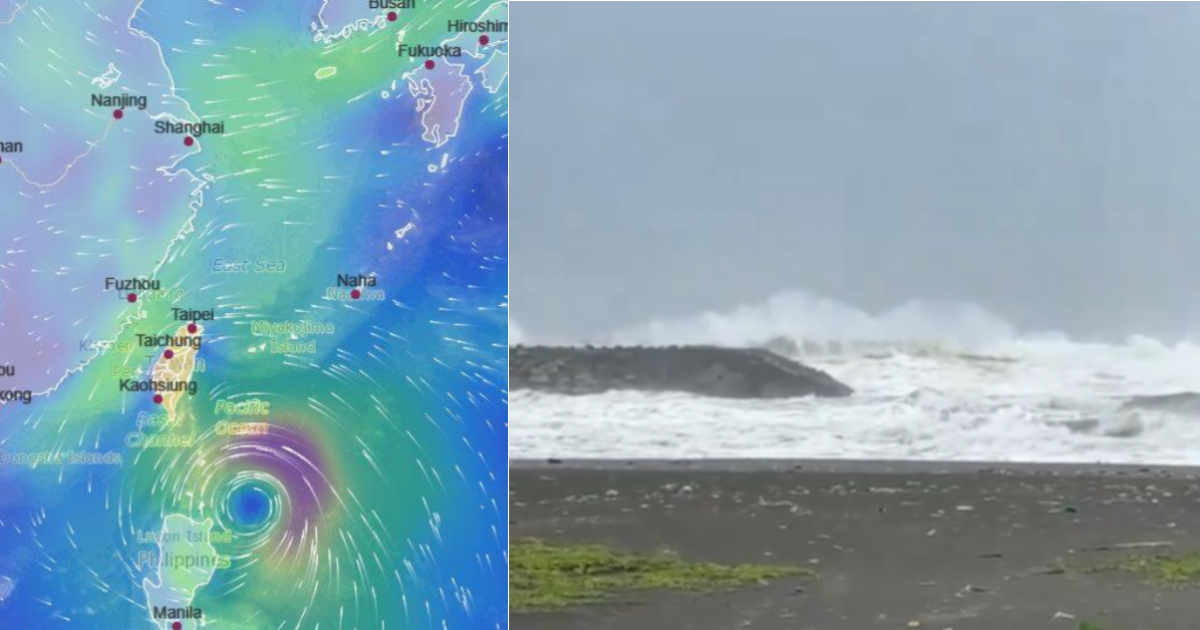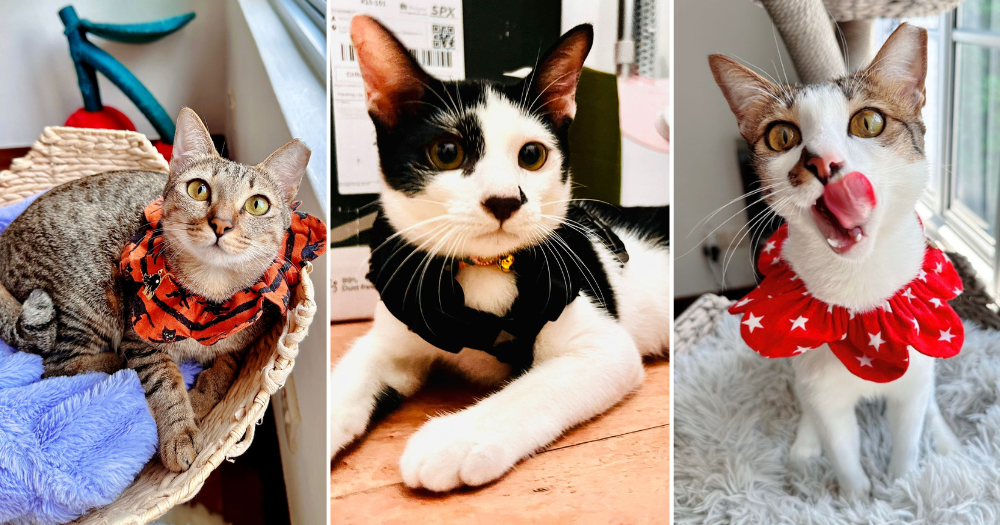Crows supposedly 'trapped' under sun & rain for whole day at Siglap Road, NParks says enclosure has shade & water
The enclosure was later removed.
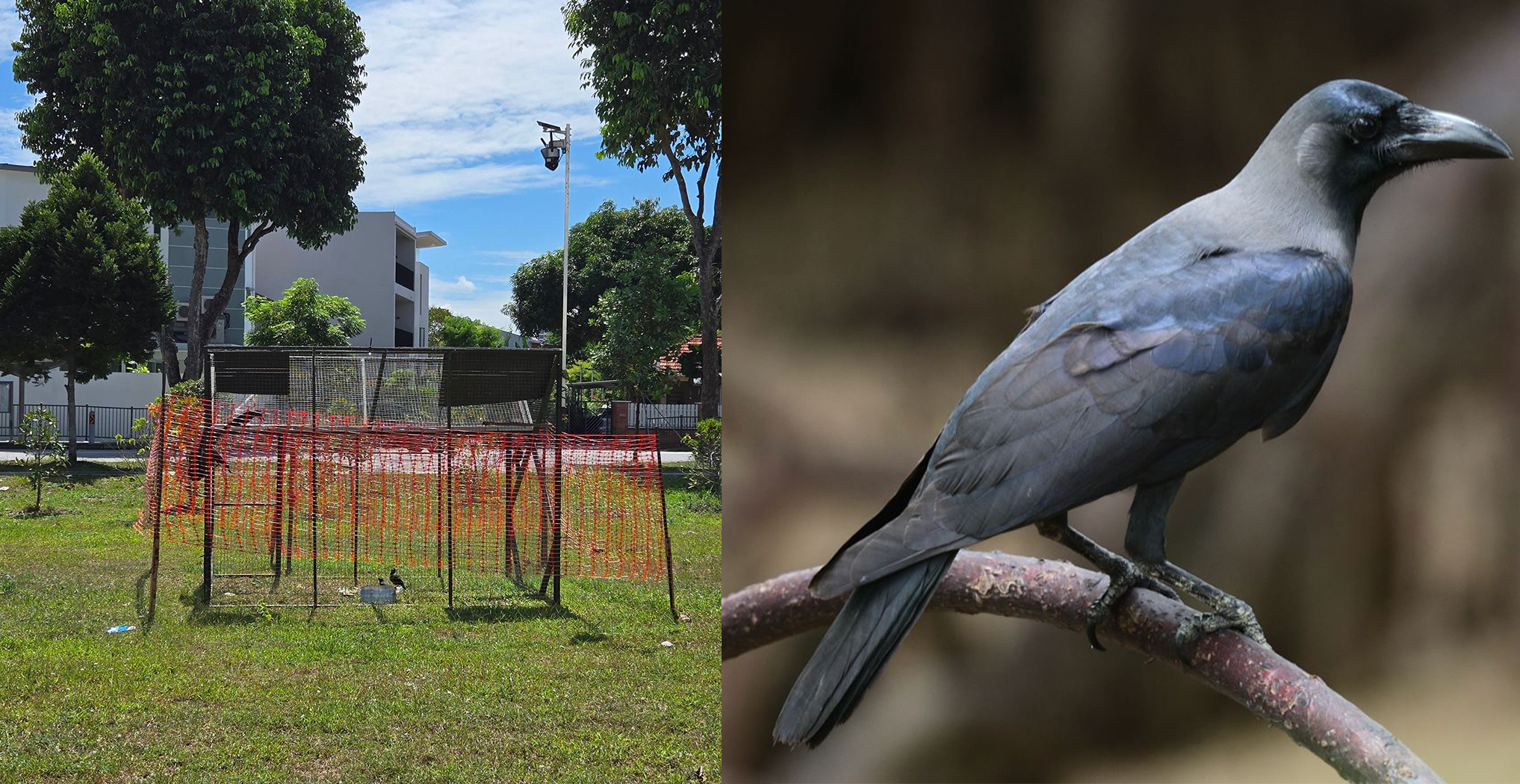
A number of crows were supposedly trapped in an enclosure along Siglap Road for the whole day, under the sun and rain.
A Mothership reader, who identified herself as a 63-year-old resident in the area, said that she first saw the trapped crows in the early hours of Aug. 20.
"It was another hot day today, and then it rained for a while in the afternoon," she said in a Facebook post.
"So these poor birds have been trapped in sun and rain, without food, for a whole day and very likely the whole night."
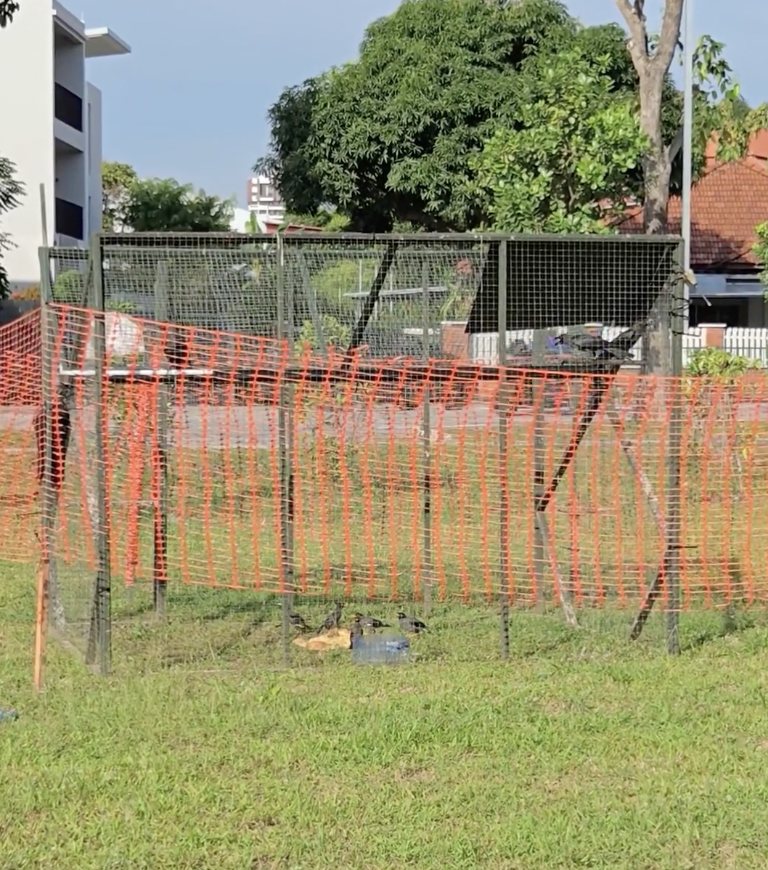 Photo from resident
Photo from resident
Later, at 11pm, two men from the National Parks Board (NParks) came to take the captured crows away, she added in a follow-up post.
However, a few birds were left behind.
More animals trapped
In subsequent posts on Aug. 21 and Aug. 22, the resident noted that amid the hot sun, other birds had also found their way into the trap.
Videos showed a number of Javan mynas clustered around a pile of bread, presumably meant as bait.
She also observed that only a single flap was installed to provide shelter for the birds, despite the 31-degree weather.
A second flap was later added on Aug. 23, and a third on Aug. 24.
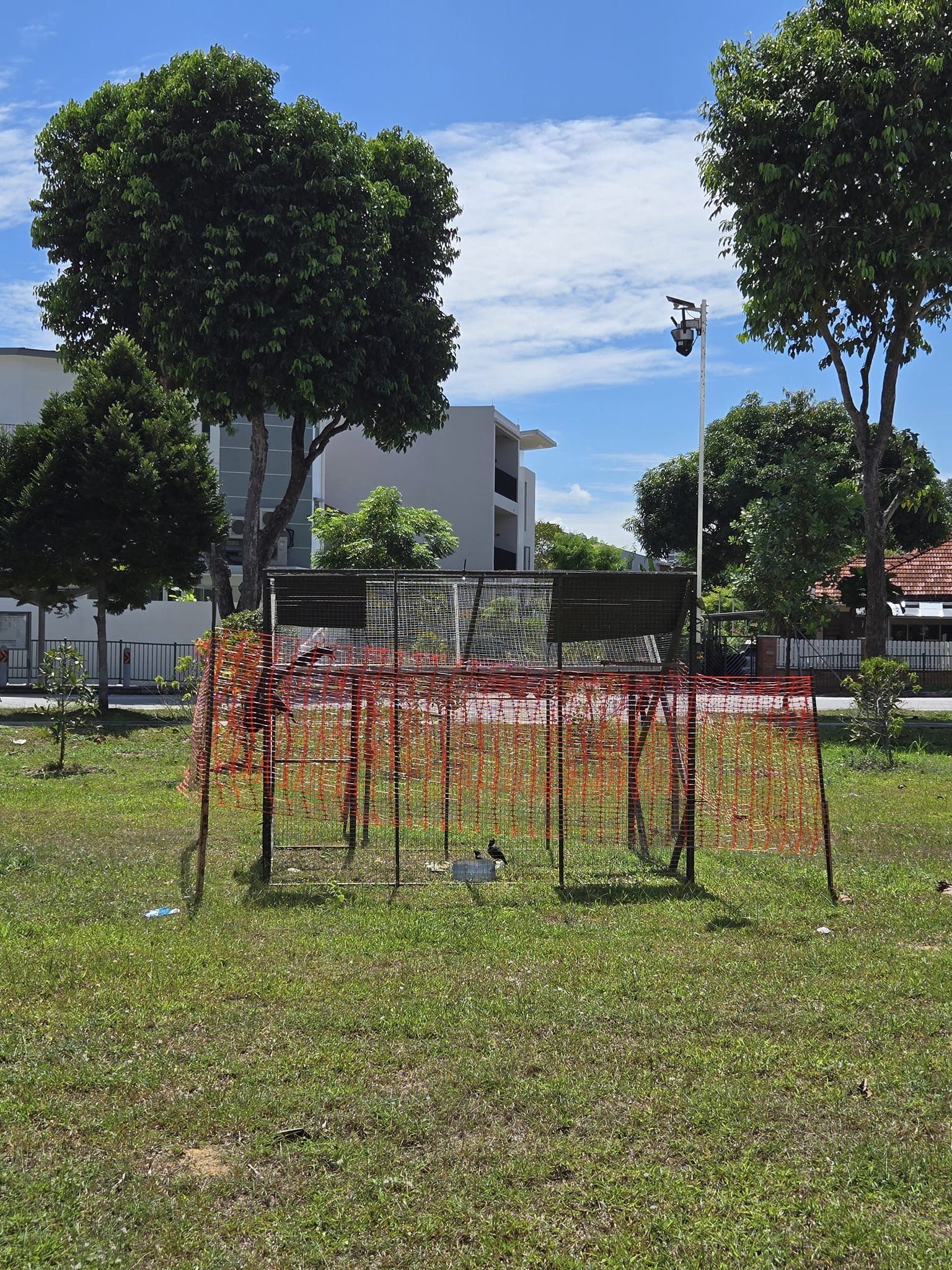 Photo from resident
Photo from resident
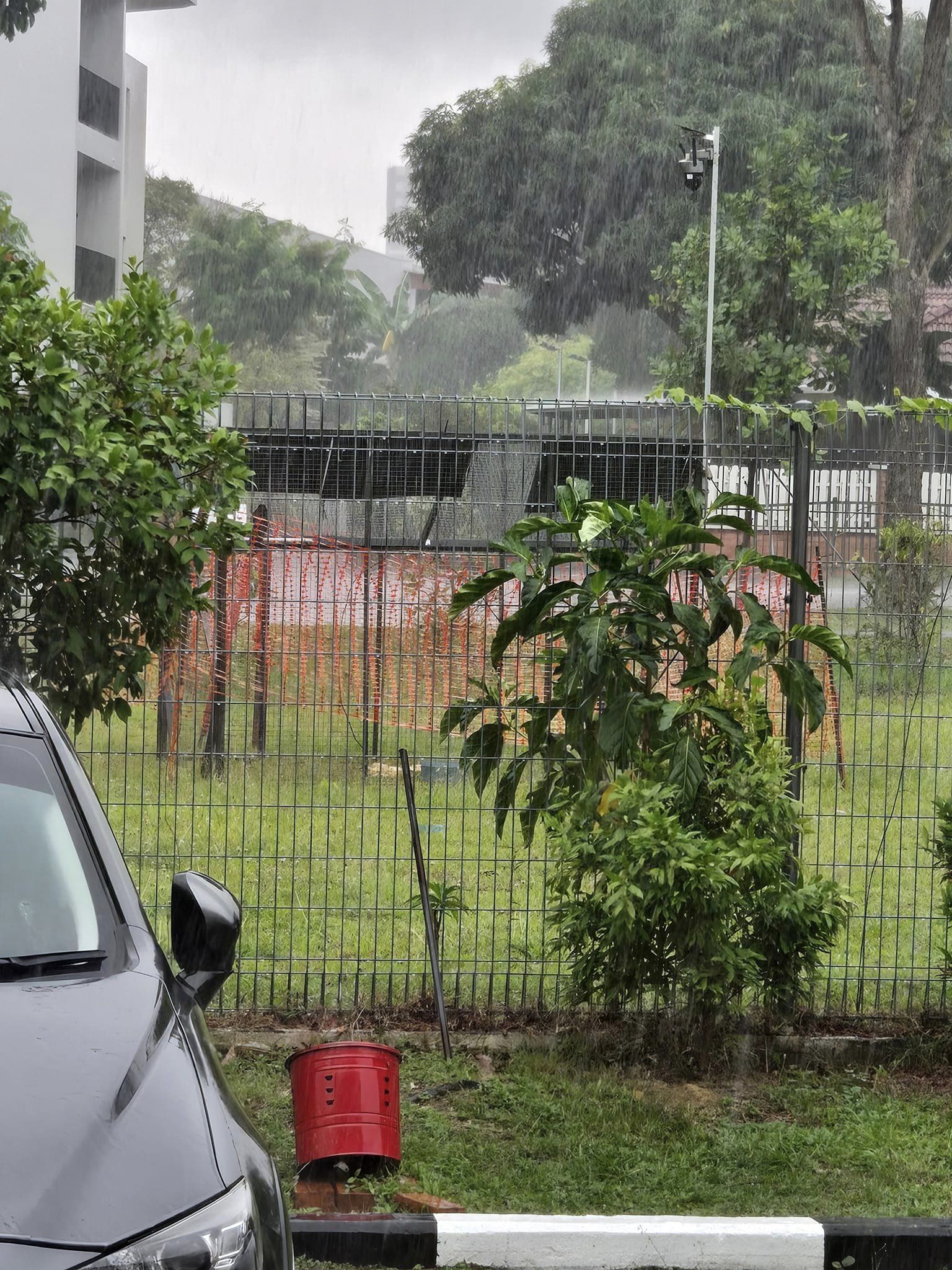 Photo from resident
Photo from resident
While she acknowledged that the extra flaps provided more shelter, particularly in the recent rainy weather, she urged NParks to "do better" regardless.
"Even if you consider them pests, NParks, these crows are living beings," she wrote.
"And even if you mean to cull them, they deserve compassion, and it should be done humanely."
On Aug. 26, the trap was removed.
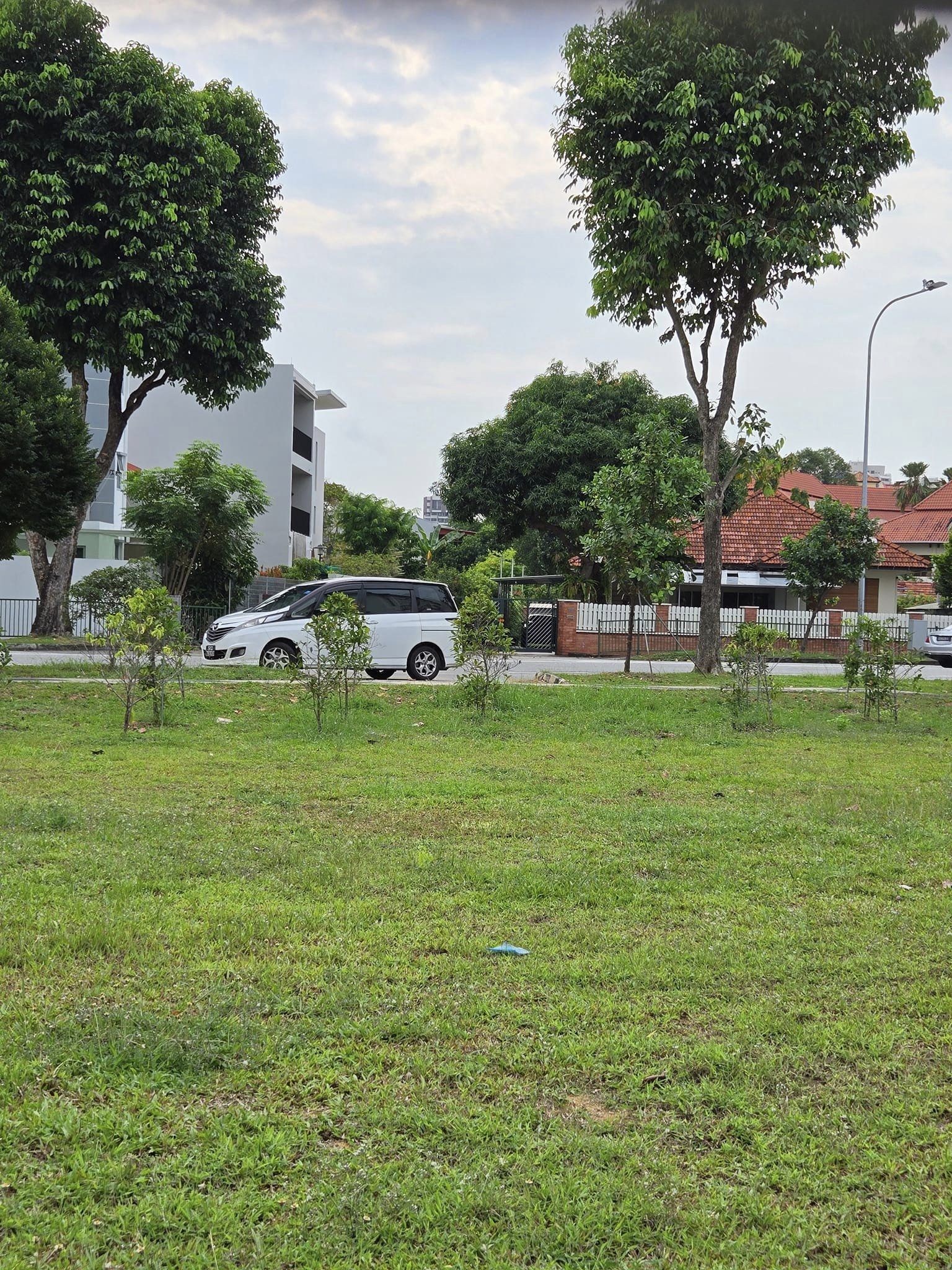 Photo from resident
Photo from resident
NPark's response
According to an NPark advisory, crows are "amongst the most intelligent animals on Earth", able to use tools and recognise and remember human faces.
They thrive in urban environments, and can be found scavenging for leftover food if not disposed of properly.
They may also attack people during fledging season when their young are learning to fly, as parents are "very protective" during this period and may perceive trespassers in their territory as threats.
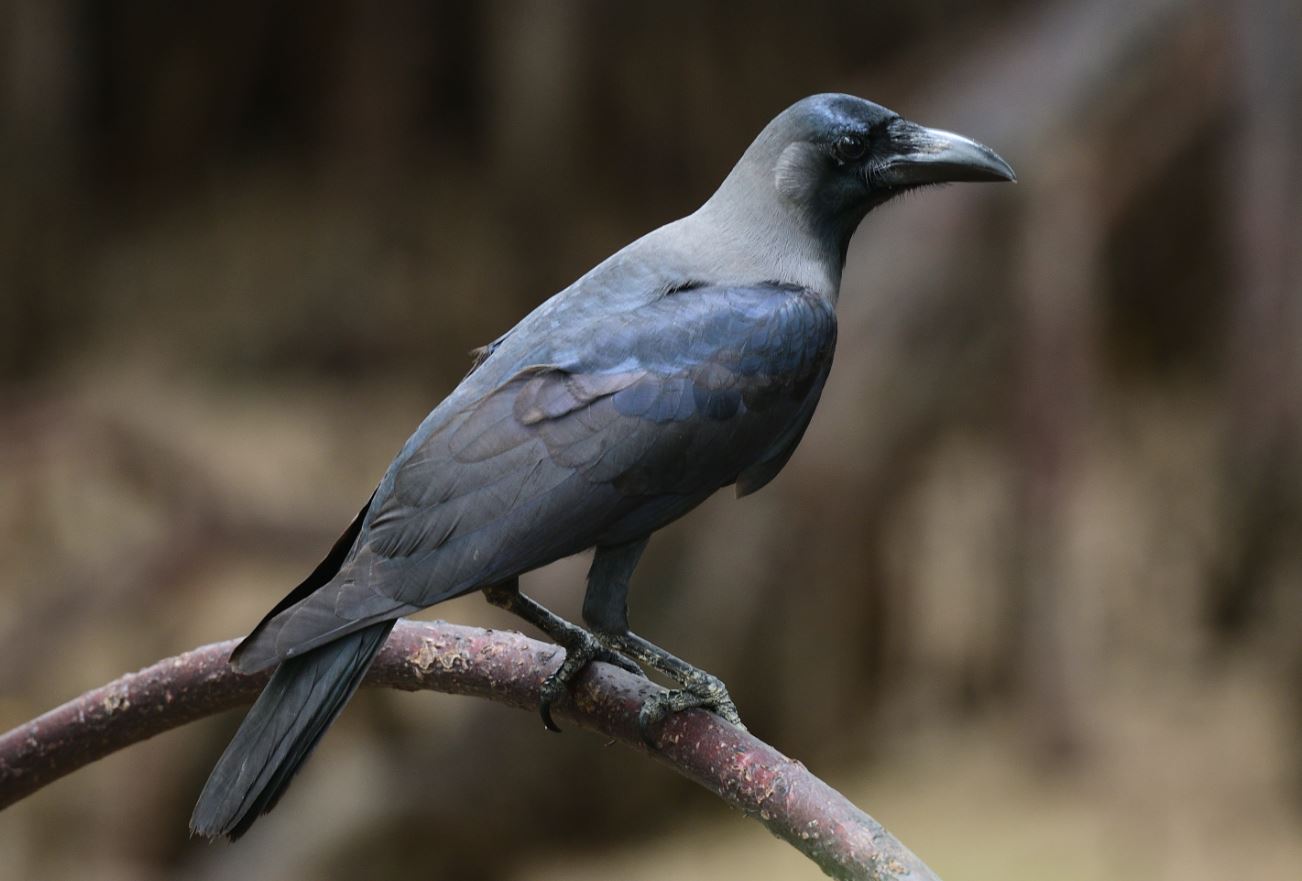 Photo from Bird Society of Singapore's website
Photo from Bird Society of Singapore's website
In response to Mothership's queries, group director of wildlife management at NParks How Choon Beng said they are aware of the feedback.
"The cage used for trapping has a sheltered section to provide shade, and a bowl of water is placed within for the birds," he said.
"Crows that have been trapped are also retrieved from the traps daily by end of day."
He added that house crows are a non-native, invasive species that pose a threat to Singapore's native biodiversity.
As part of measures to manage the crow population, crow nests are regularly removed and the birds trapped and removed.
"The public can help to reduce the population growth of crows by not feeding them and ensuring that food scraps are properly disposed of," he said.
Under the Wildlife Act, offenders can be fined up to S$5,000 for their first offence of feeding any wild animal, including crows, and up to $10,000 for subsequent offences.
Top photo from resident and Singapore Bird Group's website
MORE STORIES









